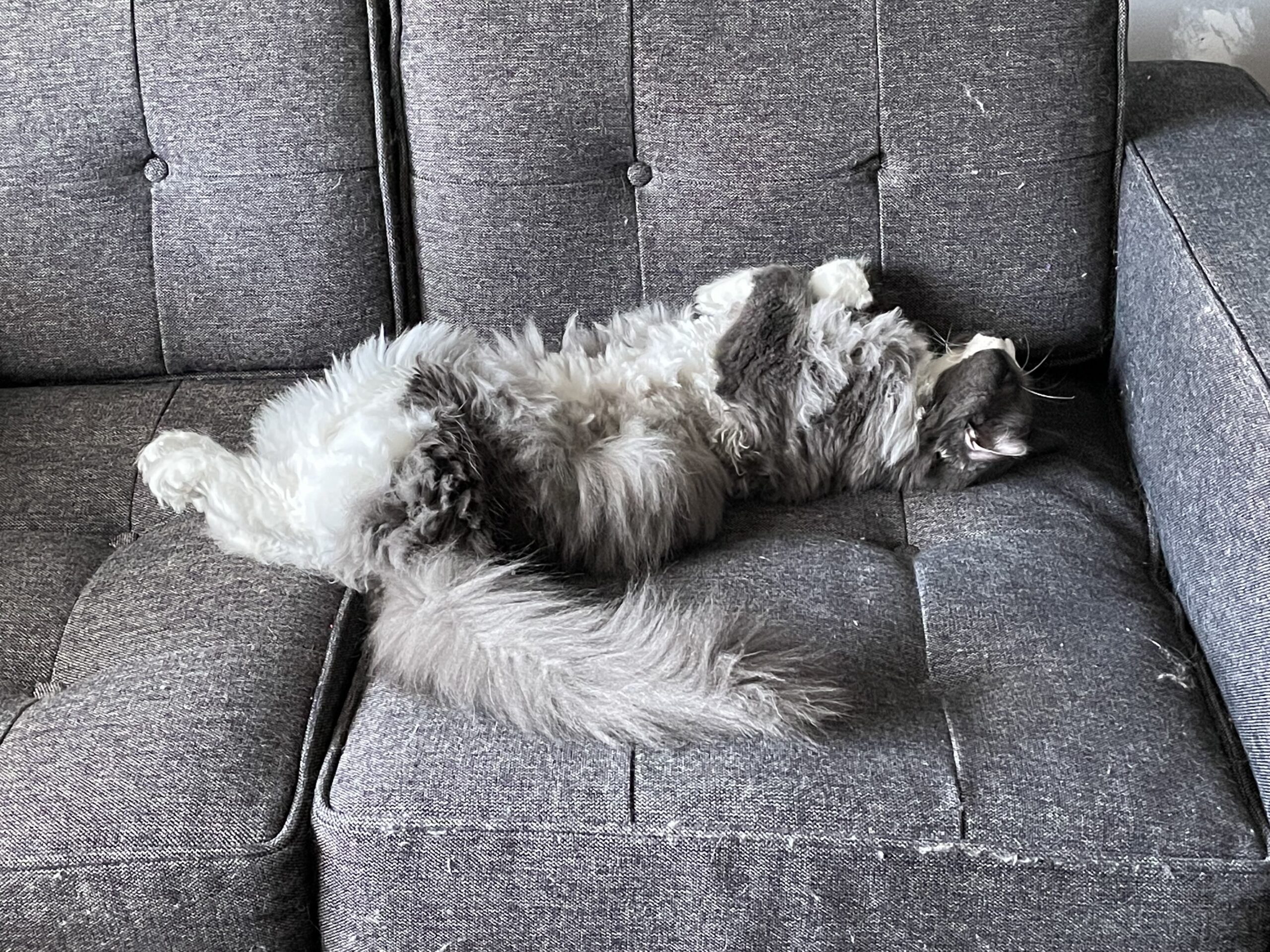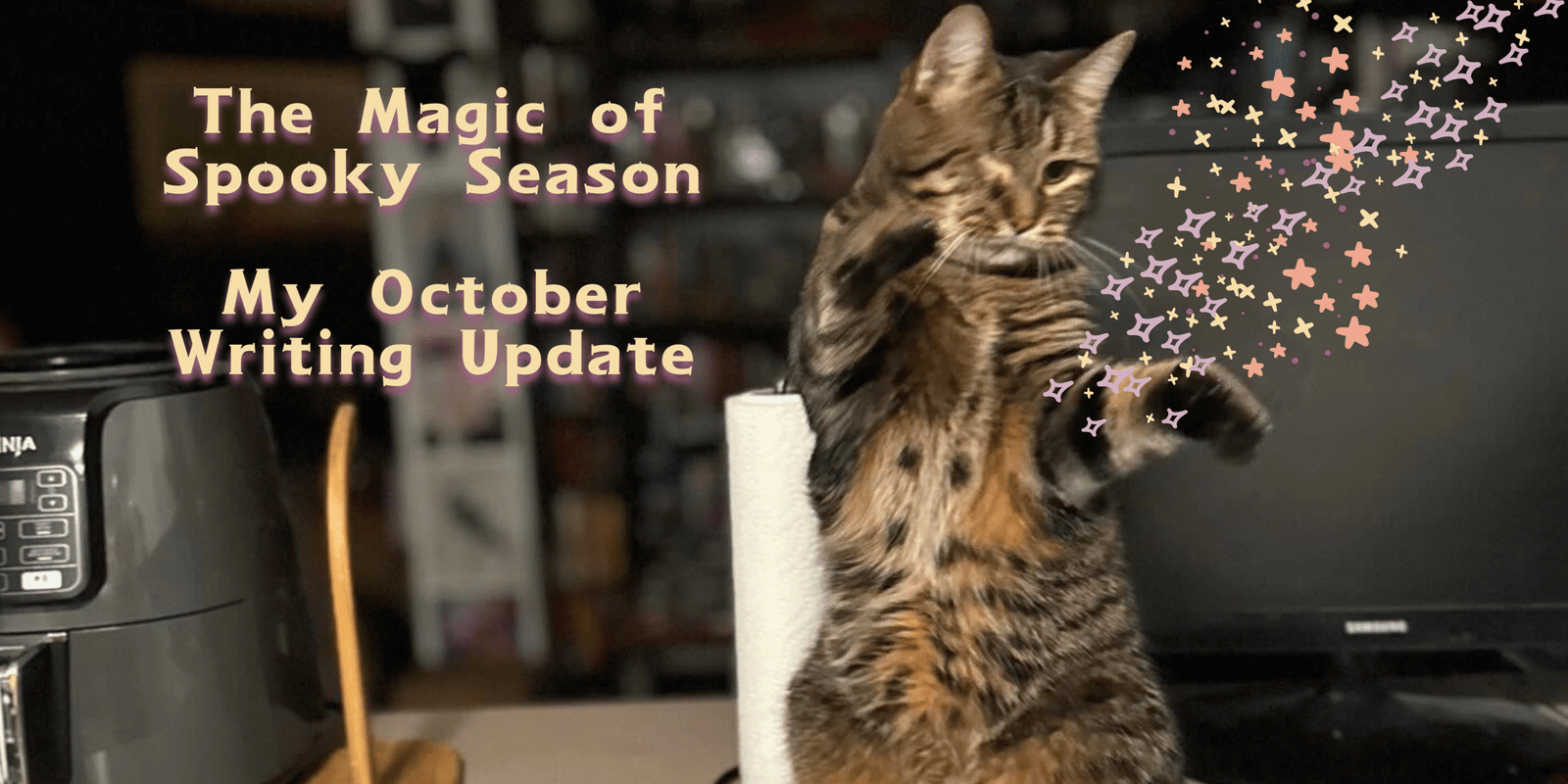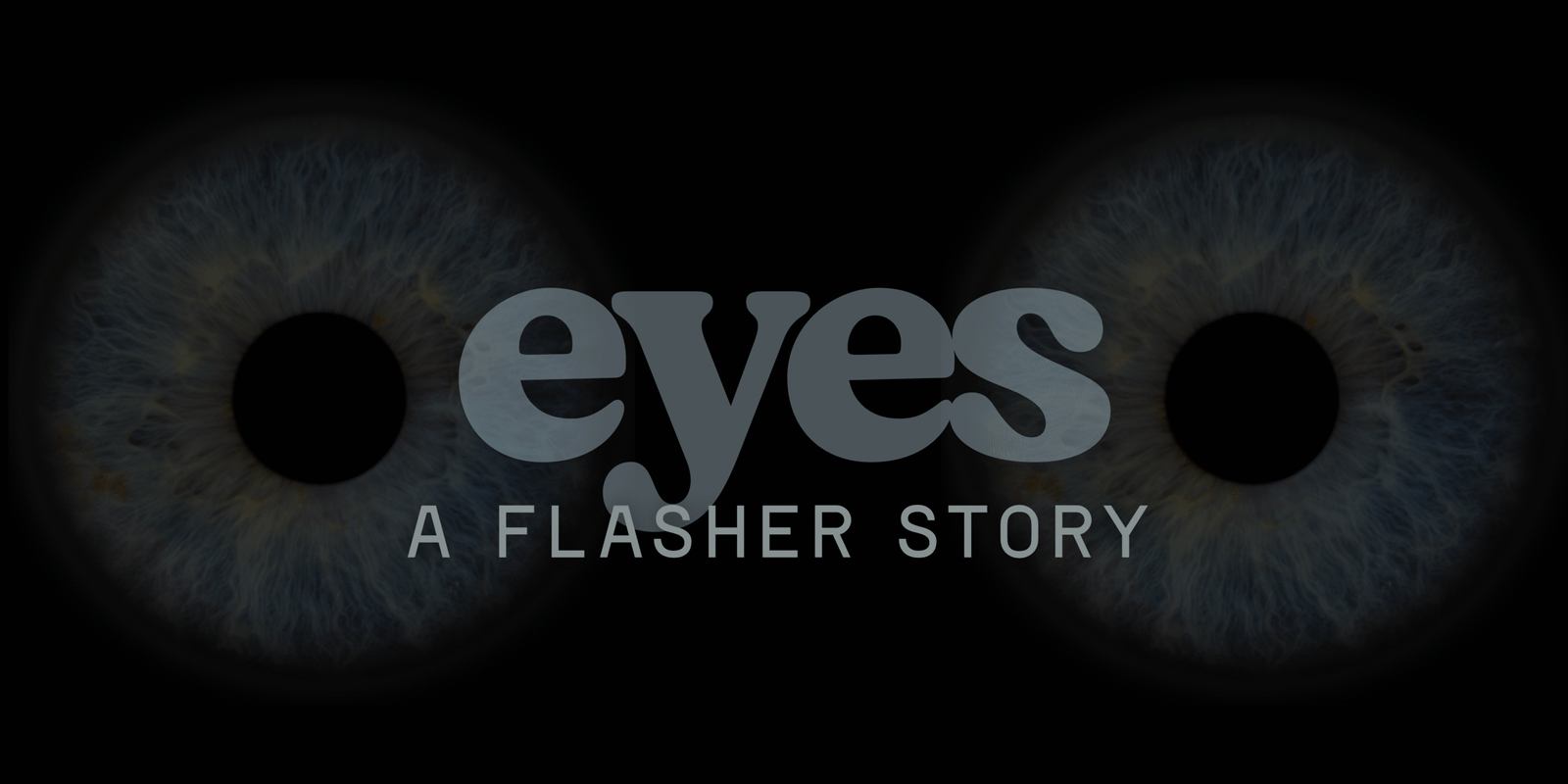That’s it. The month is over, and so is NaNoWriMo 2021. Did you win?

It’s no surprise to anyone that I did not hit my 50k word goal, and therefore did not officially win. But I still count this year as a success for me. If you read last week’s blog post about NaNoWriMo, you’ll know that this year has been all about learning my limits when it comes to my writing and my work. Health comes first, and burnout will only prevent you from writing. But apart from the reminders that I need to take care of myself and ask for help when needed, there were other learning experiences for me this month.
Compared to last year’s NaNoWriMo project, which was my first non-win, this year’s has gone much better. My 2020 story had a much more respectable word count by the end, but I never finished it and I don’t know that I will because there are so many missing pieces to the plot that I could never figure out. This year, however, I intend to complete T1-TU5: The Android because I actually know what to do and where the story is going. I took part in Preptober for the first time ever and had a blast planning. I still love the thrill of being a panster, so I doubt I’ll ever fully convert to being a planner, but this experience has convinced me that it is beneficial for my personal writing style to tackle novels as a planster at the very least.
But planning the story in advance came with some added challenges. As a panster, I just write. Sure, I take my moments to pause and think things through, or jot down ideas I hope to use later in the story, but I don’t feel like anything is holding me back from writing until the end. Having a plan and a notebook filled with a fully plotted story caused a hiccup in that area. Maybe it’s because I had such a strong idea in my mind of how things were supposed to be that I kept backtracking while I was writing so that I could fix things and make them “perfect”. But you can’t do that with NaNoWriMo.
With such a tight timeline, you cannot let yourself get caught up on the editing. A writer’s main goal for the month is to churn out words. Editing can come later. Besides, you can’t edit what isn’t there. I had to remind myself repeatedly that this is only draft one of many and that I will have a chance to go back and fix things later on. My primary focus for now, as with all first drafts, is simply to get words on the page. I have to leave my editor braid firmly switched off.
So, I’ve got my notebook to remind me of all my plot points, characters, ideas, and unintelligible scribbles, but what about the other stuff? I have to remind myself to rest, to not burn out, to stay motivated, to not edit. This list goes on. The writing portion of NaNoWriMo may be a solitary activity in most cases, but the rest is not. Support comes in all forms and I was lucky enough to have the support of my husband, my friends, and the writing communities I am a part of. One of the most helpful support systems for me was the AutoCrit community, and their Tuesday live streams on YouTube offered lots of tips, tricks, and pep talks to get writers through the month. I also found support on many different social media platforms from other writers. Even though all of our NaNo experiences are different, it helps just to know that there are other people out there going through the same challenges when it comes to writing.
And, of course, the rock star of the month was my husband. When he offered to help by cooking dinner four nights a week, that helped open up my work schedule so that I could have more writing time at the end of the day. Oh, and I guess I should give a special shout out to my cats for the extra snuggles that helped me through the month.
As cheesy as it sounds, we’re all NaNoWriMo winners. Even if you didn’t hit your word goal, as long as you wrote something, learned something, and/or interacted with your support systems and fellow writers, then it’s hard to think of a non-win as a failure.




